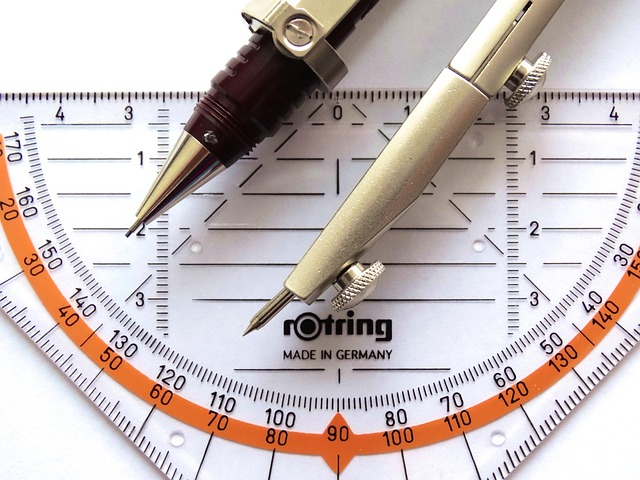
The G2 Phase of the Cell Cycle
The cell cycle is a series of events that cells go through as they grow and divide. It consists of several phases, including interphase and mitosis. The G2 phase, or Gap 2 phase, is a crucial part of interphase that occurs after DNA replication and before mitosis. This article provides an overview of the G2 phase, its functions, and its significance in the cell cycle.
What is the G2 Phase?
The G2 phase is the third subphase of interphase, following the S phase, where DNA replication occurs. During G2, the cell undergoes rapid growth and prepares for mitosis. This phase is characterized by the synthesis of proteins and organelles, which are essential for cell division.
Key Functions of the G2 Phase
During the G2 phase, several important processes take place:
- Cell Growth: The cell increases in size, ensuring that it has enough resources to support two daughter cells after division.
- Protein Synthesis: Various proteins are synthesized, including those required for mitosis. This includes components of the mitotic spindle and enzymes that will facilitate cell division.
- DNA Repair: The cell checks for any DNA damage that may have occurred during replication. If damage is detected, repair mechanisms are activated to correct these issues before proceeding to mitosis.
- Preparation for Mitosis: The cell prepares for the complex process of mitosis by producing the necessary structures and molecules that will be involved in chromosome segregation.
Regulation of the G2 Phase
The transition from G2 to mitosis is tightly regulated by various proteins and complexes. One of the key regulators is the cyclin B1/CDK1 complex, also known as Maturation Promoting Factor (MPF). The activation of this complex marks the end of the G2 phase and the beginning of prophase, the first stage of mitosis.
While the G2 phase is generally considered a necessary step in the cell cycle, some cell types, such as certain cancer cells and young Xenopus embryos, can bypass this phase and proceed directly from DNA replication to mitosis. This ability can have implications for understanding cell division in different contexts, including cancer biology.
Conclusion
The G2 phase plays a vital role in preparing the cell for mitosis. Through growth, protein synthesis, and DNA repair, the cell ensures that it is ready to divide accurately and efficiently. Understanding the G2 phase and its regulatory mechanisms is essential for insights into cell biology and the implications of cell cycle dysregulation in diseases such as cancer.

















 Cycloalkane Nomenclature
Cycloalkane Nomenclature 
 Health
Health  Fitness
Fitness  Lifestyle
Lifestyle  Tech
Tech  Travel
Travel  Food
Food  Education
Education  Parenting
Parenting  Career & Work
Career & Work  Hobbies
Hobbies  Wellness
Wellness  Beauty
Beauty  Cars
Cars  Art
Art  Science
Science  Culture
Culture  Books
Books  Music
Music  Movies
Movies  Gaming
Gaming  Sports
Sports  Nature
Nature  Home & Garden
Home & Garden  Business & Finance
Business & Finance  Relationships
Relationships  Pets
Pets  Shopping
Shopping  Mindset & Inspiration
Mindset & Inspiration  Environment
Environment  Gadgets
Gadgets  Politics
Politics 